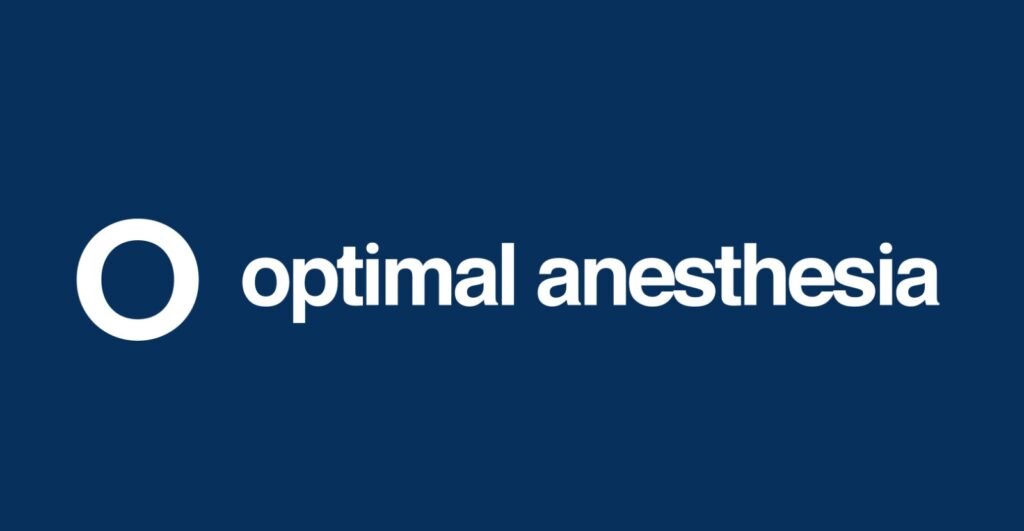An Anesthesiologist’s Insight: Navigating Toxic Inhalational Injuries and Choking Agents
Introduction: Toxic inhalational injuries, resulting from exposure to lung-damaging agents, pose a significant threat in various settings. This comprehensive guide covers the clinical-pathological effects, investigations, and medical management of such injuries, emphasizing the importance of understanding mechanisms for optimizing patient outcomes. Choking Agents (Pulmonary Agents): Choking agents, or pulmonary agents, are chemical weapons designed to … Read more



